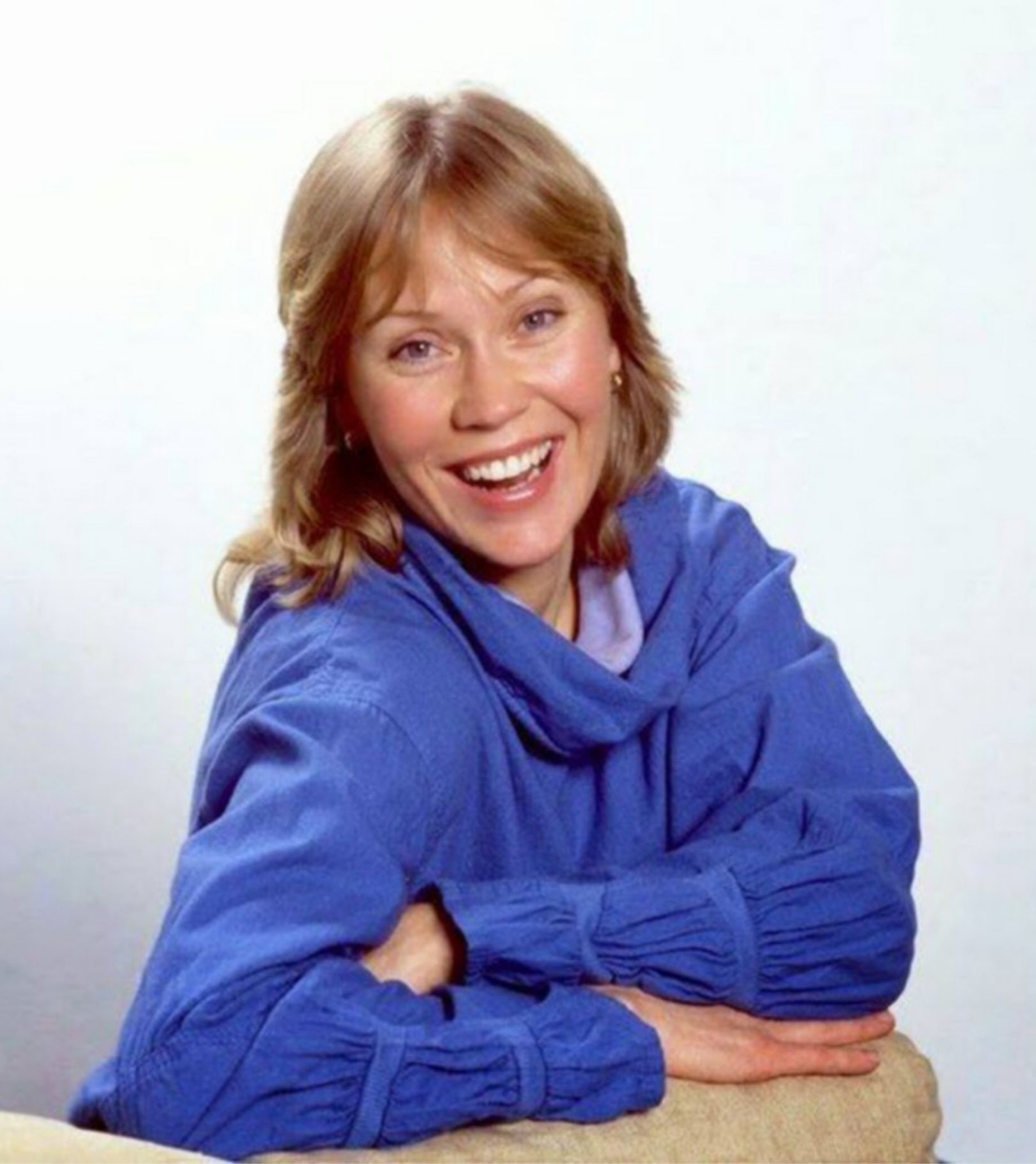Introduction
“I Stand Alone”, the title track from her 1987 album, Agnetha Fältskog steps into her own spotlight with a powerful declaration of independence, resilience, and quiet introspection. Produced by Peter Cetera (of Chicago fame), the album marked Agnetha’s final English-language studio project for many years, and this song encapsulates its emotional core. As the closing track, “I Stand Alone” isn’t just a finale—it’s a statement of self, delivered with dignity, poise, and unmistakable heart.
The lyrics tell a story of a woman who has come through love, loss, and change—and emerged with clarity. She isn’t bitter. She isn’t broken. She’s simply standing alone, fully aware of who she is and what she’s lived through. Lines like “I’ve learned to live without your love” aren’t sung with defiance, but with acceptance. It’s the kind of emotional maturity that comes not from distance, but from walking through fire and emerging a little wiser.
Musically, the song blends 1980s soft rock and adult contemporary textures—polished yet tender. There are sweeping synthesizers, a steady drumbeat, and a cinematic build that lends the song its quiet power. But nothing overshadows Agnetha’s voice. Here, her delivery is restrained, elegant, and emotionally precise. Every note she sings feels earned. There is no need for vocal gymnastics—only truth.
What makes “I Stand Alone” so compelling is its sense of emotional realism. It’s not a triumphant anthem in the conventional sense; it’s not about moving on with joy or erasing the past. It’s about living with it, learning from it, and discovering strength in solitude. Agnetha doesn’t proclaim her independence—she quietly embodies it. That’s what gives the song such grace and depth.
For fans who followed Agnetha from her ABBA days into her solo career, “I Stand Alone” is a deeply satisfying moment of artistic closure. It’s a reminder that while she once sang of dancing queens and lovers lost, she could also sing of resilience, reflection, and finding peace in one’s own company.
In the end, “I Stand Alone” is more than a title—it’s a declaration from a woman who has lived, loved, and learned to be fully herself.
